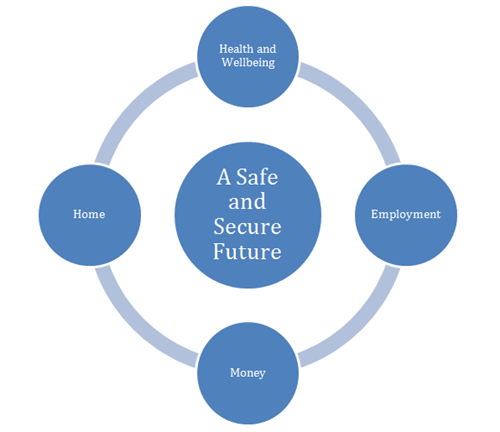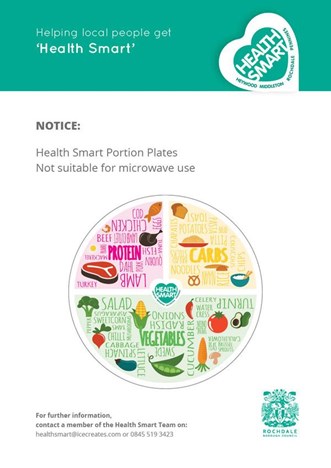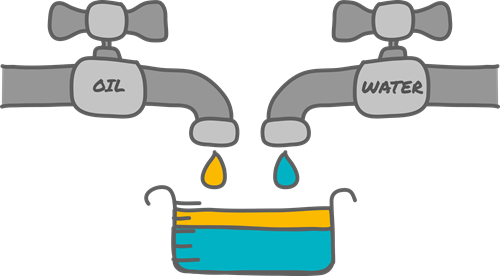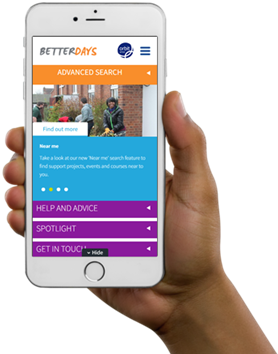ICE recently partnered with Nuneaton & Bedworth Borough Council to review and improve their housing repairs service. Outcomes include increased efficiencies, increased income for the Authority and improved wellbeing of tenants, with sustained results being enjoyed a year on.
The Challenge
A sizeable organisation with a housing stock of 6,000, Nuneaton & Bedworth Borough Council wanted to improve their housing repairs service. Their key requirement was that improvement must be permanent (previous reviews had resulted in initial improvements, only to then return to previous service levels).
The Outcome
- A 19 day reduction in void turn around, resulting in a cost saving of over £150,000
- 73% reduction in the number of days from report to repair completed - down from 26 days to only 7 days
- 39% reduction in number of jobs outstanding - down from 405 to 247
- 80% reduction in number of jobs over 10 weeks old - down from 45 to 9
- 8% reduction in cancelled jobs, saving the Authority £37,800
- The service improvement ultimately led to happier tenants, supporting their wellbeing.
Benefits one year on:
Pre-review:
- End-to-end time - 26 days
- 405 jobs outstanding
- 7 jobs over 26 weeks old, with 45 over 10 weeks
After the review:
- End-to-end time - 10 days
- 328 jobs outstanding
- 3 jobs over 26 weeks old, with 21 over 10 weeks
One year on:
- End-to-end time - 7 days
- 247 jobs outstanding
- No jobs over 26 weeks old and only 9 older than 10 weeks
The Solution
Combining tried and tested methodology such as systems thinking with our unique ‘people-centred’ approach, we focused on the WHY (the purpose of the repairs service). ICE quickly delivered significant and sustained results. After understanding how the service operated, we experimented in 3 areas: process for repairs, process for voids and management reporting. For the first 2, we used systems thinking to challenge waste in processes, creating cleaner flow of information & resources, which enabled the right trade to turn up at the right time. For the third, we created a suite of reports to be used by all levels of staff, across all trades, to share information effectively and show a real-time performance dashboard.
“Through the facilitation provided by ICE Creates, we were able to establish in a very short amount of time the causes of our failure demand and the causes of the waste within our processes. With the team able to take time out from the day job to focus on the review, improvements were made and embedded very quickly. The implementation of the new set of improvement measures that ICE Creates established for us have enabled management and all staff to understand and eliminate failures.”
- Sue Lawton, Building Maintenance Manager, Nuneaton & Bedworth Borough Council
Why ICE?
Established in 1999, ICE are a team of behavioural design strategists and implementers, working with individuals, communities and organisations to co-create a well, confident and resilient society. We blend academic rigour with a deep understanding of lived experience, skillfully combining art and the science of human-centred design via our five key specialisms: system & design thinking, applied behavioural insights, engagement, leadership & culture and lifestyle services. Our impressive client portfolio includes housing associations & local authorities across the UK.
For more information, contact Chris Lunn at chris.lunn@icecreates.com or on 07809 704 910
 collective voice
collective voice



